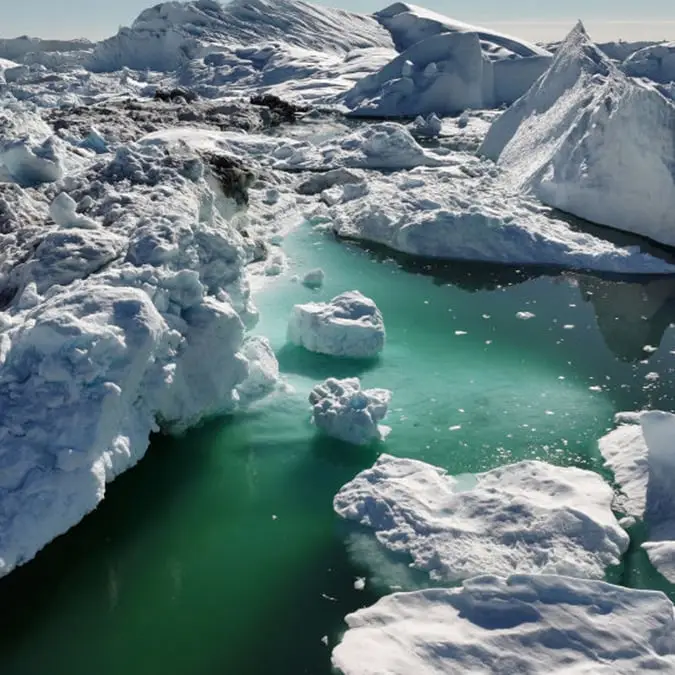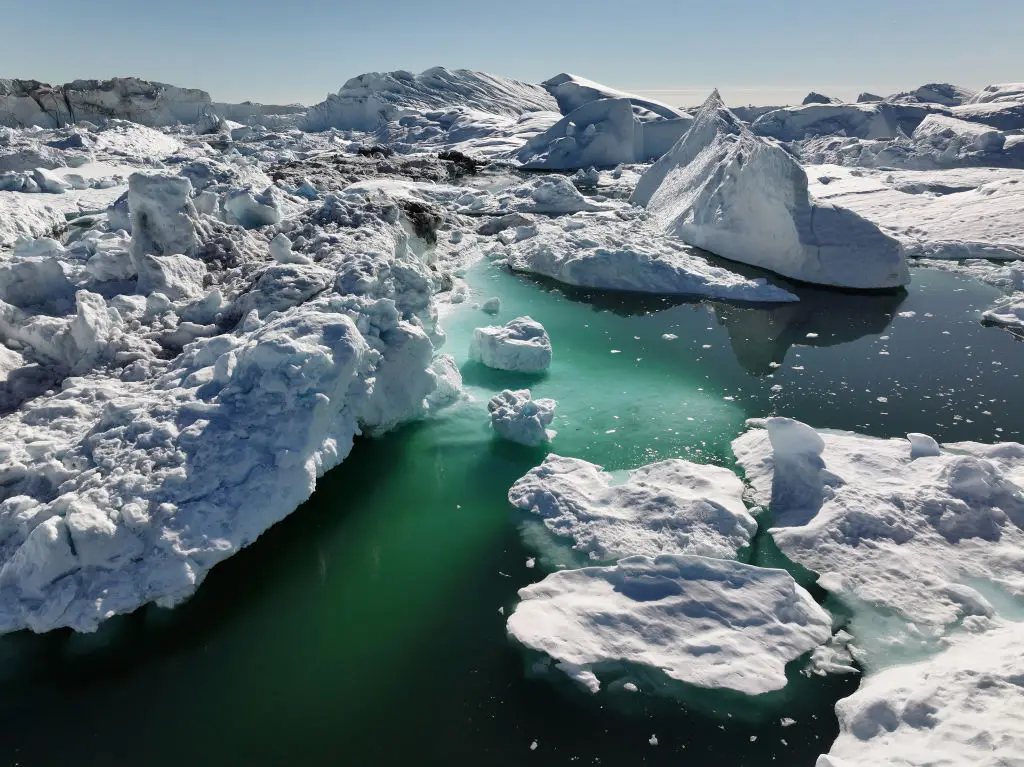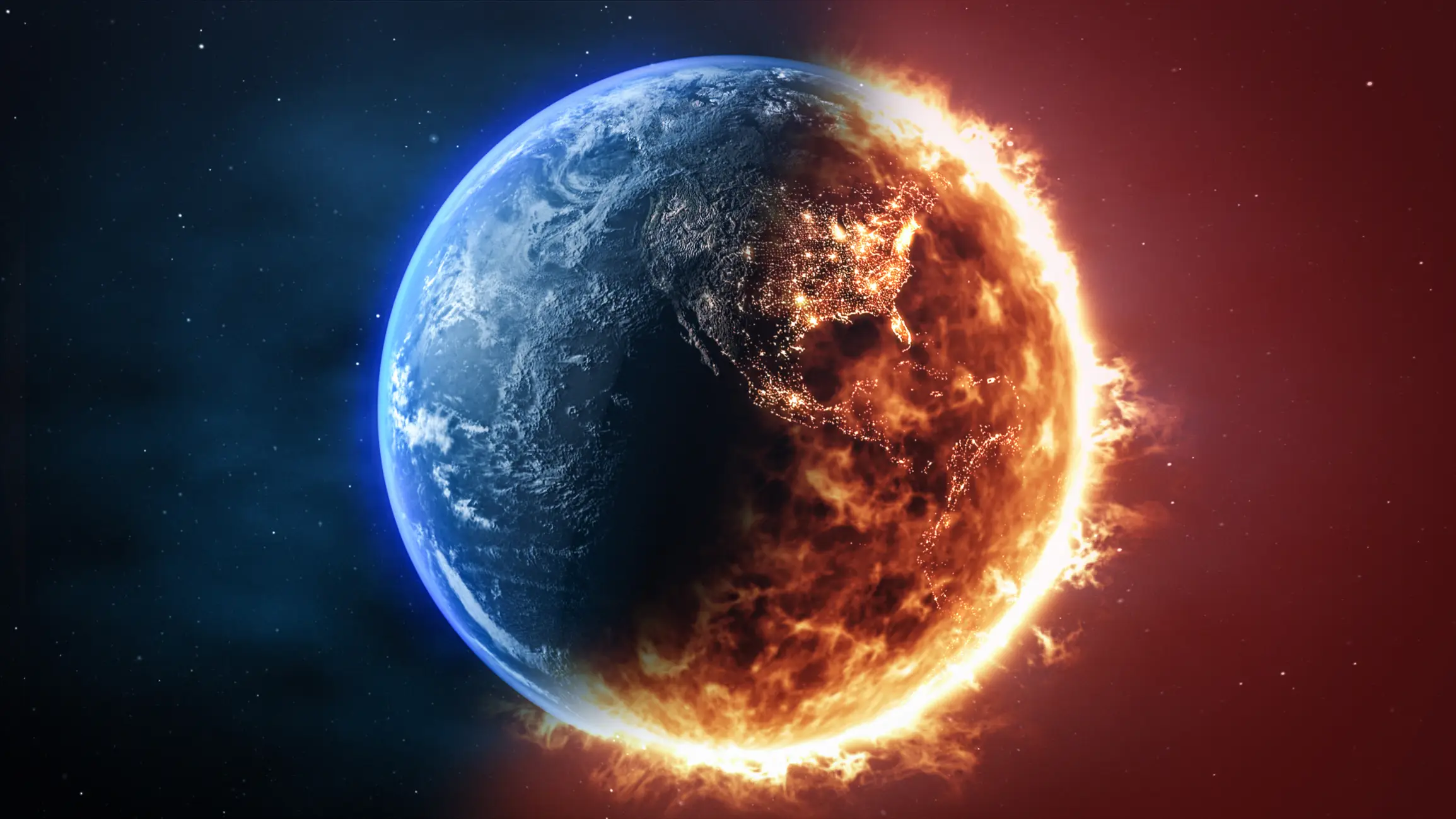
New research has revealed what the Arctic will look like by 2100 if climate change continues.
And we have some very worrying news - things are really not looking good.
Experts have been urgently warning people about the devastating effects of climate change for decades now.

Advert
And a new study is shedding some light on exactly how the planet may look at the turn of the next century if conditions don’t improve.
In a paper titled Disappearing landscapes: The Arctic at +2.7 degrees celsius global warming, it describes what it will be like in some of the coldest parts on Earth by the year 2100.
Julienne Stroeve, who is a senior research scientist at the National Snow and Ice Data Center (NSIDC) and a professor at the Centre for Earth Observation Science at the University of Manitoba, said: “The Arctic is warming at four times the rate of the rest of the planet.
“At 2.7 degrees celsius (36.7 degrees fahrenheit) of global warming, we will see more extreme and cascading impacts in this region than elsewhere, including sea-ice-free Arctic summers, accelerated melting of the Greenland Ice Sheet, widespread permafrost loss, and more extreme air temperatures.
These changes will devastate infrastructure, ecosystems, vulnerable communities, and wildlife.”
However, if we begin to reverse the effects of climate change now, things might not be so extreme in 75 years.

Although, it looks like we won’t be able to completely save the Arctic.
The region is still set to experience summers with no ice in the sea and permafrost on the surface is expected to shrink by a whopping 50%.
Dirk Notz, who is a professor for polar research at the University of Hamburg and a co-author of the study, said: “Our paper shows that, already today, mankind has the power to wipe out entire landscapes from the surface of our planet.
“It’d be amazing if we could become more aware of this power and the responsibility that goes with it, as the future of the Arctic truly lies in our hands.”
The world is already starting to see the effects of global warming.
Last year was the hottest year on record and we experienced some extreme weather conditions which included record-breaking heatwaves in Europe and huge rainfall in the Sahara desert.
Globally, air temperatures rose 1.5 degrees celsius (34.7 degrees fahrenheit) above levels from before the industrial era for the first time ever.